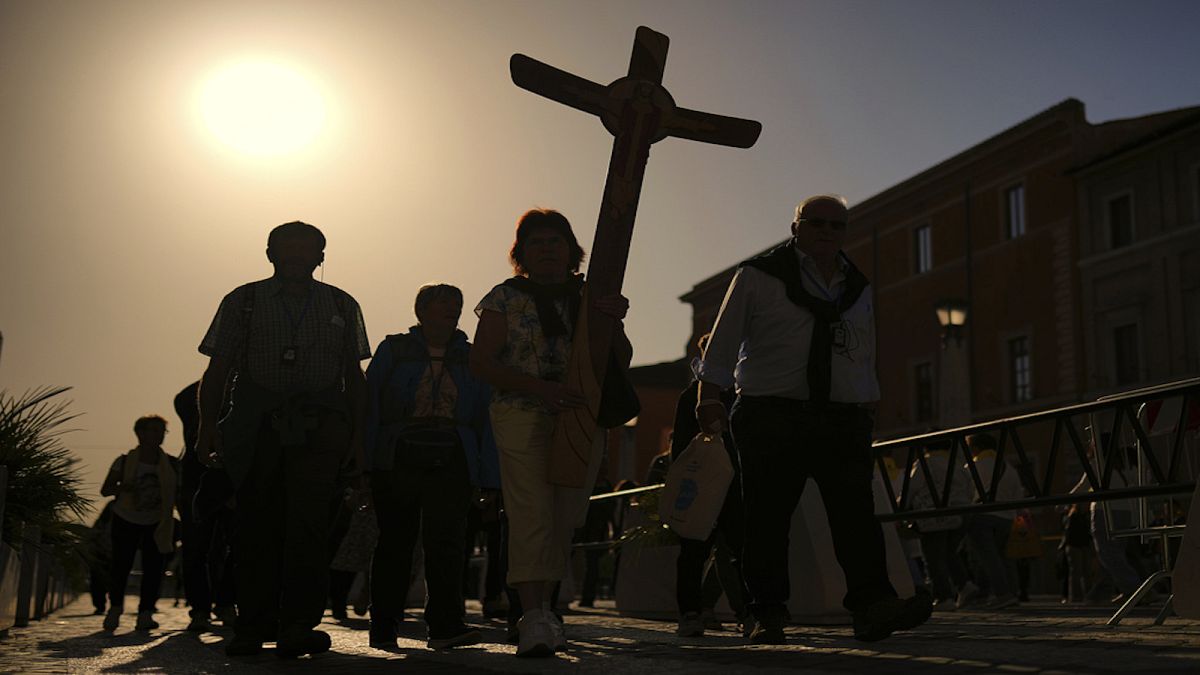Environment Minister Taraba: Slovakia supports EU initiatives to change the Green Deal

Bratislava – Slovakia supports every single initiative to redefine, weaken, or change the so-called Green Deal. This was stated on Tuesday in Bratislava by the Deputy Prime Minister of the Slovak Republic and Minister of the Environment of the Slovak Republic, Tomáš Taraba (nominated by SNS). He said this during a field meeting of Members of the European Parliament from the Europe of Sovereign Nations (ESN) group titled The Impact of European “Green Policy” on Our Citizens, Farmers, and Food Producers, TASR reports.
Taraba reminded that Slovakia supported the initiative of Italy and France regarding the ETS2 emissions trading system at the last meeting of the EU Council for the Environment.
“So far, we are at a stage where everyone is saying, let’s push it back a year, two years. However, when something starts to be pushed back a year or two in the European Union, it is already the first sign that it is acknowledged that it is not working. Some countries have already begun to realize that the Green Deal is a serious problem, but they still do not want to admit it,” said Taraba.
He reminded that in 2006, Europe was supposed to be the most competitive continent in the world based on the Lisbon Treaty.
“When they then realized that nothing had happened, no competitiveness had emerged, suddenly that term stopped being used. I think the Green Deal will also end up like this. Even today, in the corridors of the EU Council of Ministers, the term Green Deal is starting to be more of an insult and is already being phased out. The Green Deal was not an agreement by farmers and food producers, but it was essentially a dictate,” added Taraba.
The Chairman of the Slovak Agricultural and Food Chamber (SPPK), Andrej Gajdoš, stated in this context that Slovak farmers relied on the fact that as long as there was no European legislation issued on this, they would somehow manage. “Unfortunately, the Green Deal has made its way into strategic plans,” said Gajdoš.
According to Gajdoš, the Green Deal represents a reduction in agricultural crop yields by 10 – 40%, as well as a decrease in the quality of agricultural crops. He explained that if farmers in the EU cannot use protective substances and pesticides that destroy fungal diseases, as they do in other countries, then European plants are damaged and of lower quality. “This causes us to have a lower feed base for animals, and the livestock numbers in the EU are constantly declining,” clarified Gajdoš.
The Chairman of the Slovak Union of Bakers, Pasta Makers, and Confectioners (SZPCC), Milan Lapšanský, pointed out that Slovakia does not have any experts in its ministries who specifically deal with the Green Deal, and Slovaks thus do not know how to measure their carbon footprint and do not have partial goals that Slovak companies should meet.
“If the Green Deal is simplified, we will welcome it from the position of the Slovak Republic, because some things are really detached from reality,” added Lapšanský. According to him, the Green Deal and its policy have forgotten about the supply chains that bring the production of farmers and processors to consumers. (June 10)
“Even today, in the corridors of the EU Council of Ministers, the term Green Deal is starting to be more of an insult and is already being phased out. The Green Deal was not an agreement by farmers and food producers, but it was essentially a dictate.” Tomáš Taraba
What's Your Reaction?
 Like
0
Like
0
 Dislike
0
Dislike
0
 Love
0
Love
0
 Funny
0
Funny
0
 Angry
0
Angry
0
 Sad
0
Sad
0
 Wow
0
Wow
0




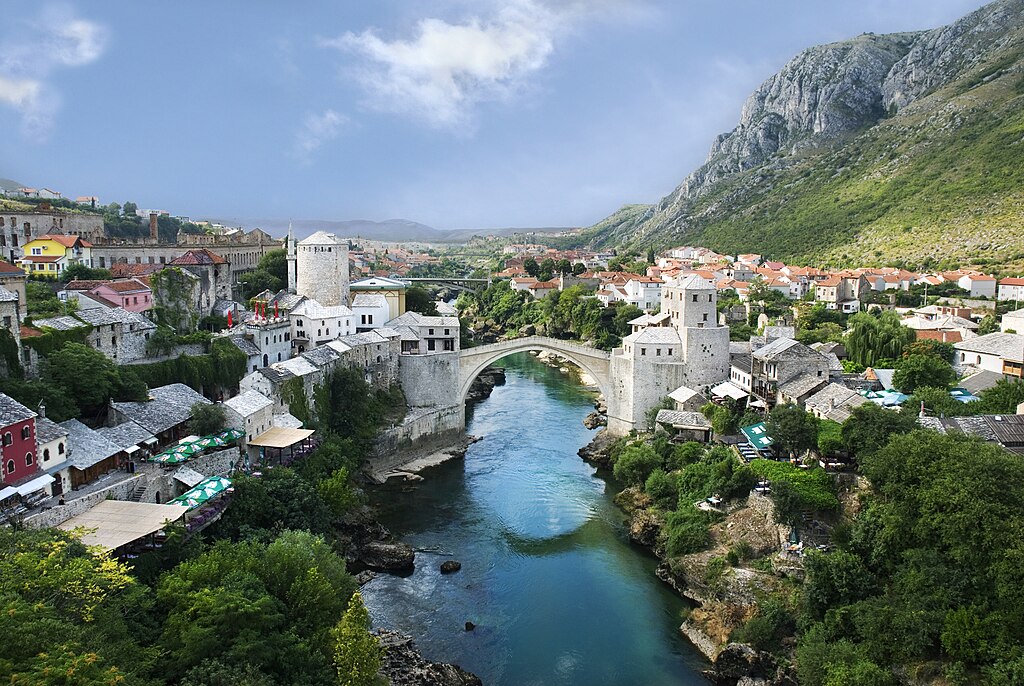
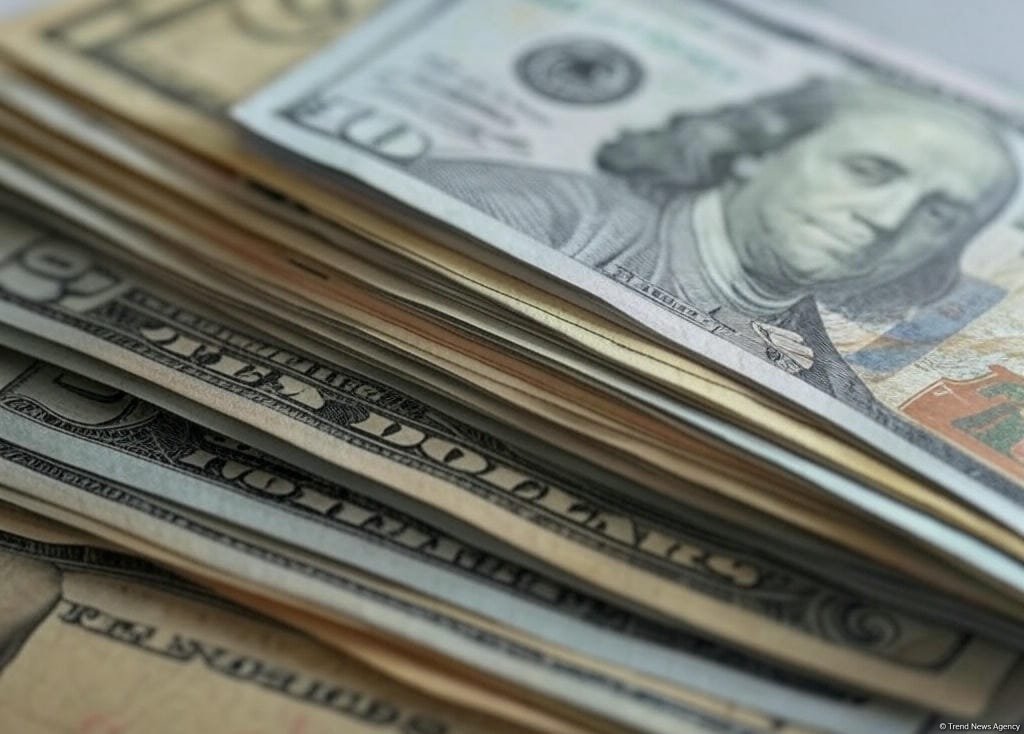
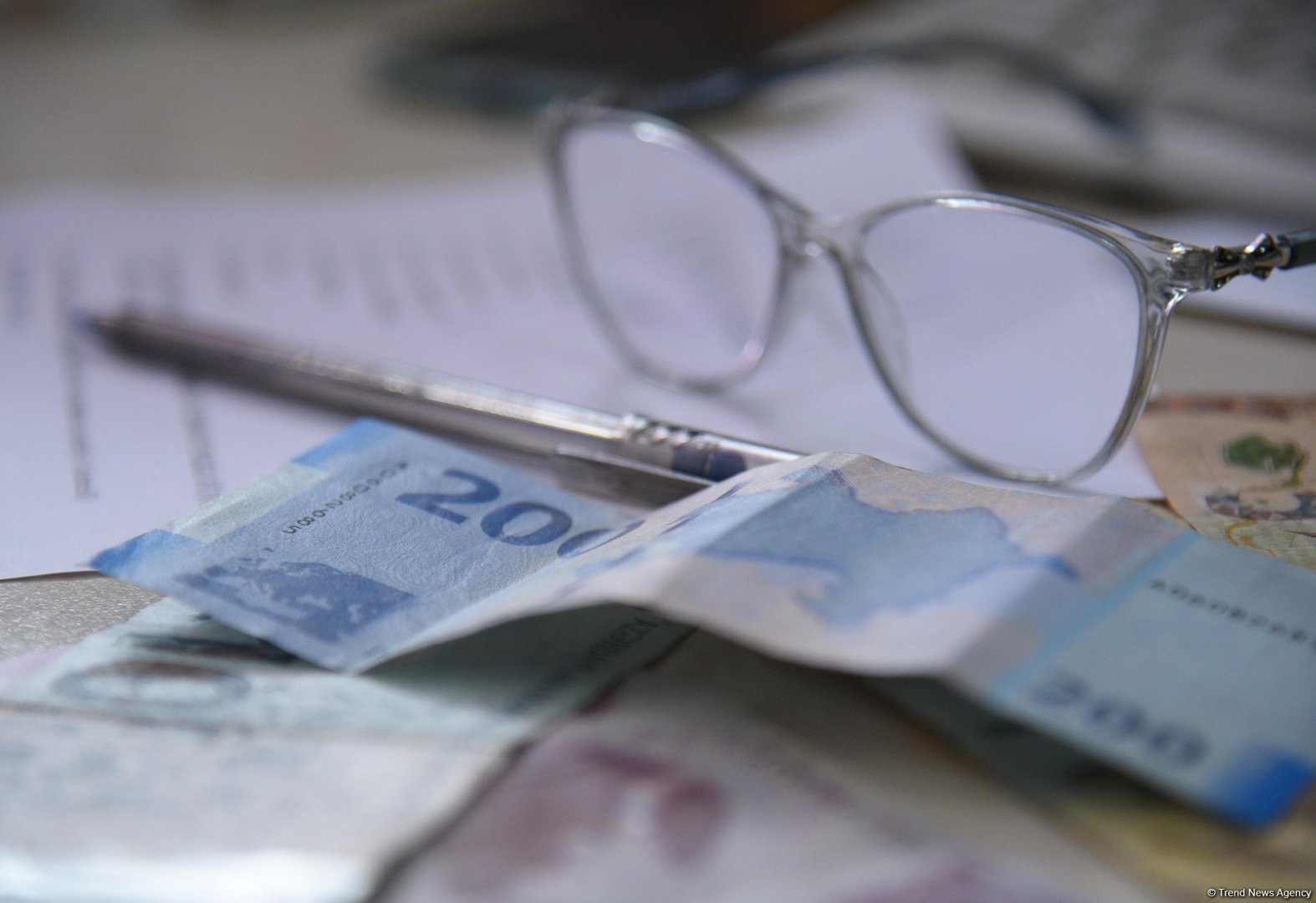

















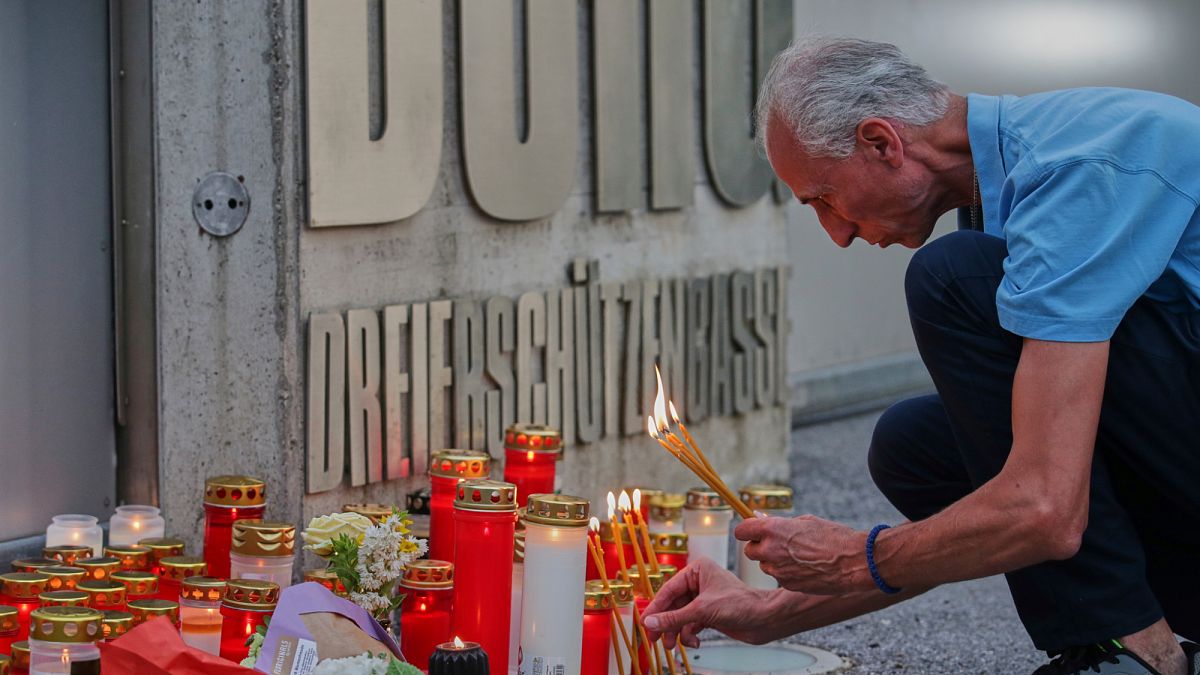







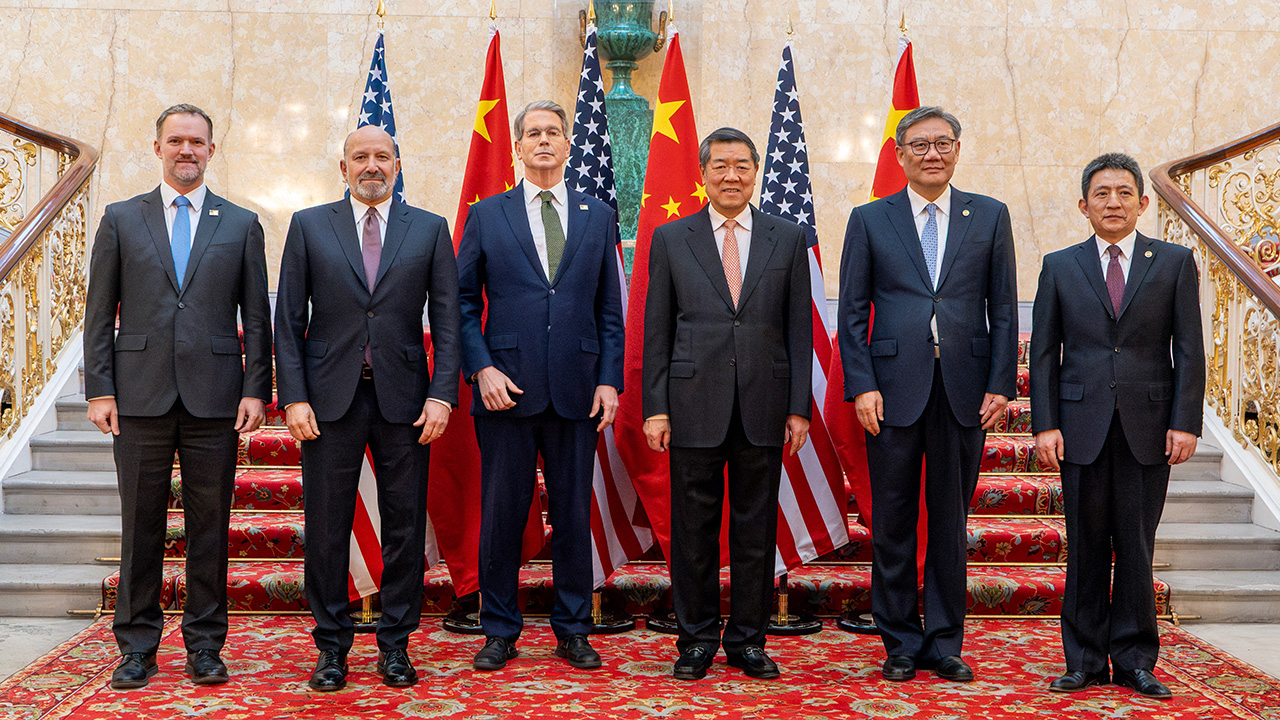
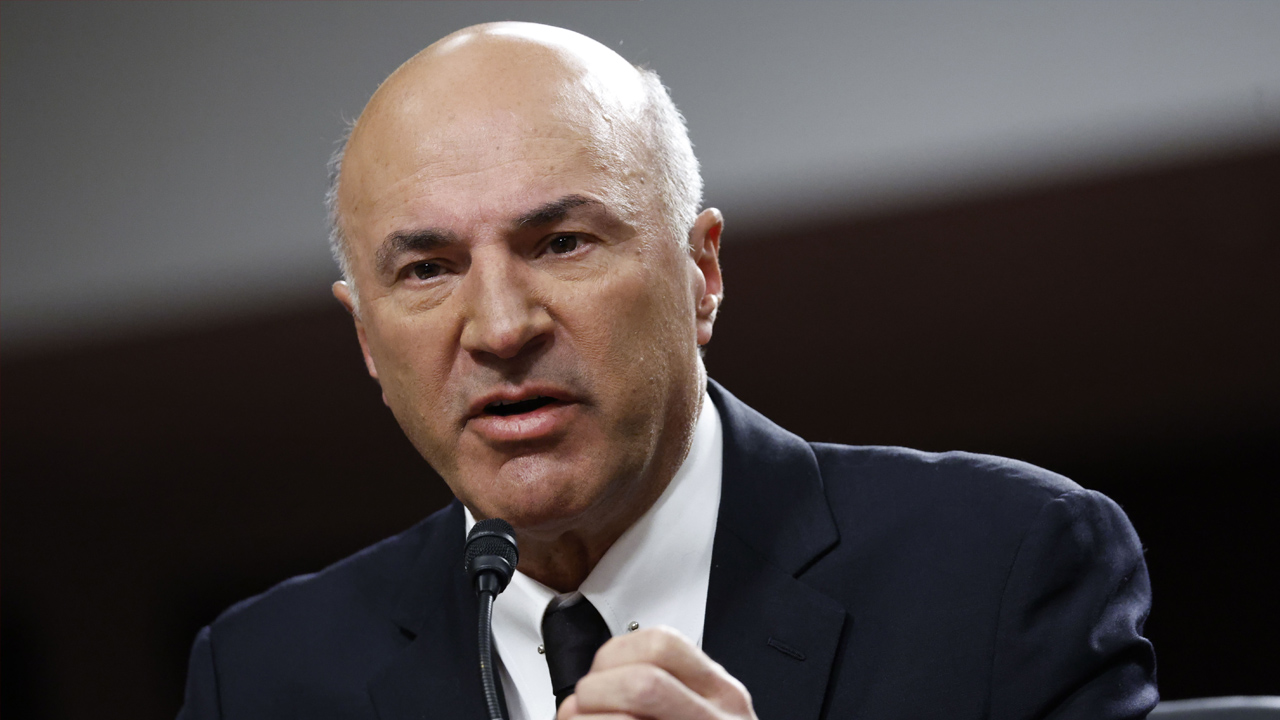



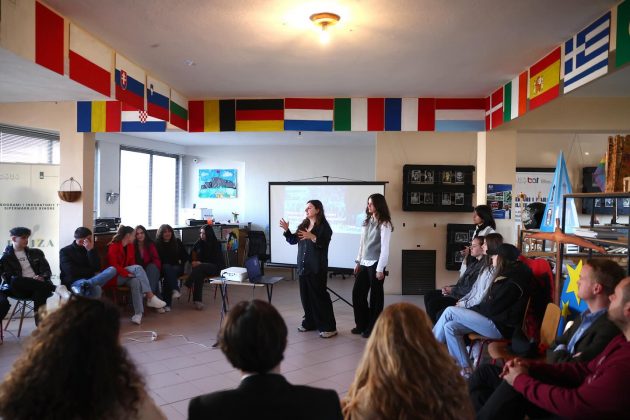
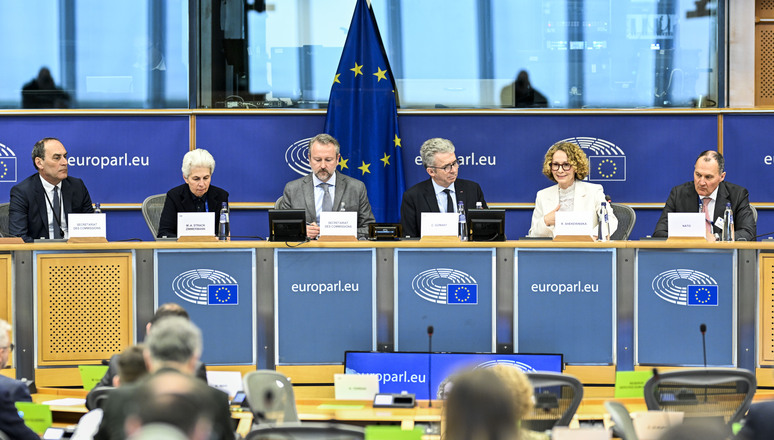






.png?Expires=1838763821&Key-Pair-Id=K2ZIVPTIP2VGHC&Signature=IO0~CT3pU-TcxGc~yoZSmoQx23MZVuK-~4jSii~NKEblRmyO3el7NXPu~Rh1o23voASg7hlcHLw4kvQuDK1jssEhcjoNBBvEpZ~GGOAU6yosBhpHpeF179F~h7i6VxmsBNh9gtTutkoqY73O2YCFey~IAqSzKbBqETP1kP9cAg1916Z1YkJJs-5MliMrkZ5d7-mWGLbpHp2wGj2VlMph8XzYlL4~y1O7fB~JdIS~Rs4RMRs2x0WT1qUIpHAsf3GdwtOyAmKFSpIg8xCyNGZZ5h~13nXlmpd7uPvW8tBfttpG9pFTqcway-uch5WyfHOEfi7UlJCOWrr6fCYY5PMgSg__)







